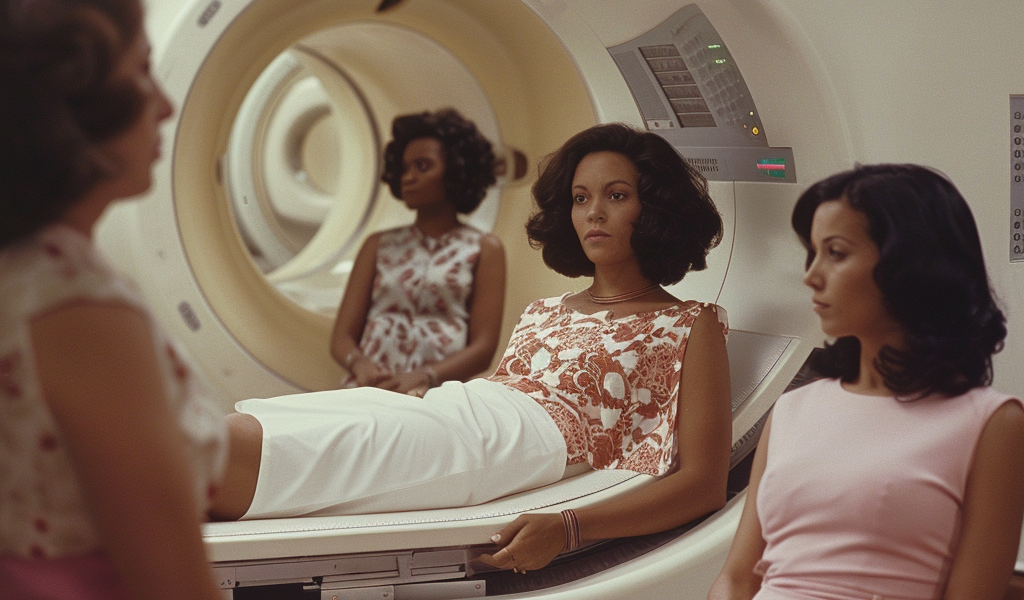Researchers have found that MRI scans may offer a more accurate and early detection of heart disease in women compared to other diagnostic tools. Echocardiography, the current method used for diagnosing heart disease, is not always precise, particularly in women who can exhibit heart disease differently than men.
A study published in the European Heart Journal Open by researchers from the Universities of East Anglia, Sheffield, and Leeds examined data from 835 participants, with 60% being female, from the ASPIRE registry. These participants underwent both an invasive assessment and a heart MRI on the same day.
The findings revealed that the noninvasive MRI scans produced more precise images compared to using a catheter to measure heart pressure. This advancement in technology could potentially revolutionize the early detection of heart failure in women.





